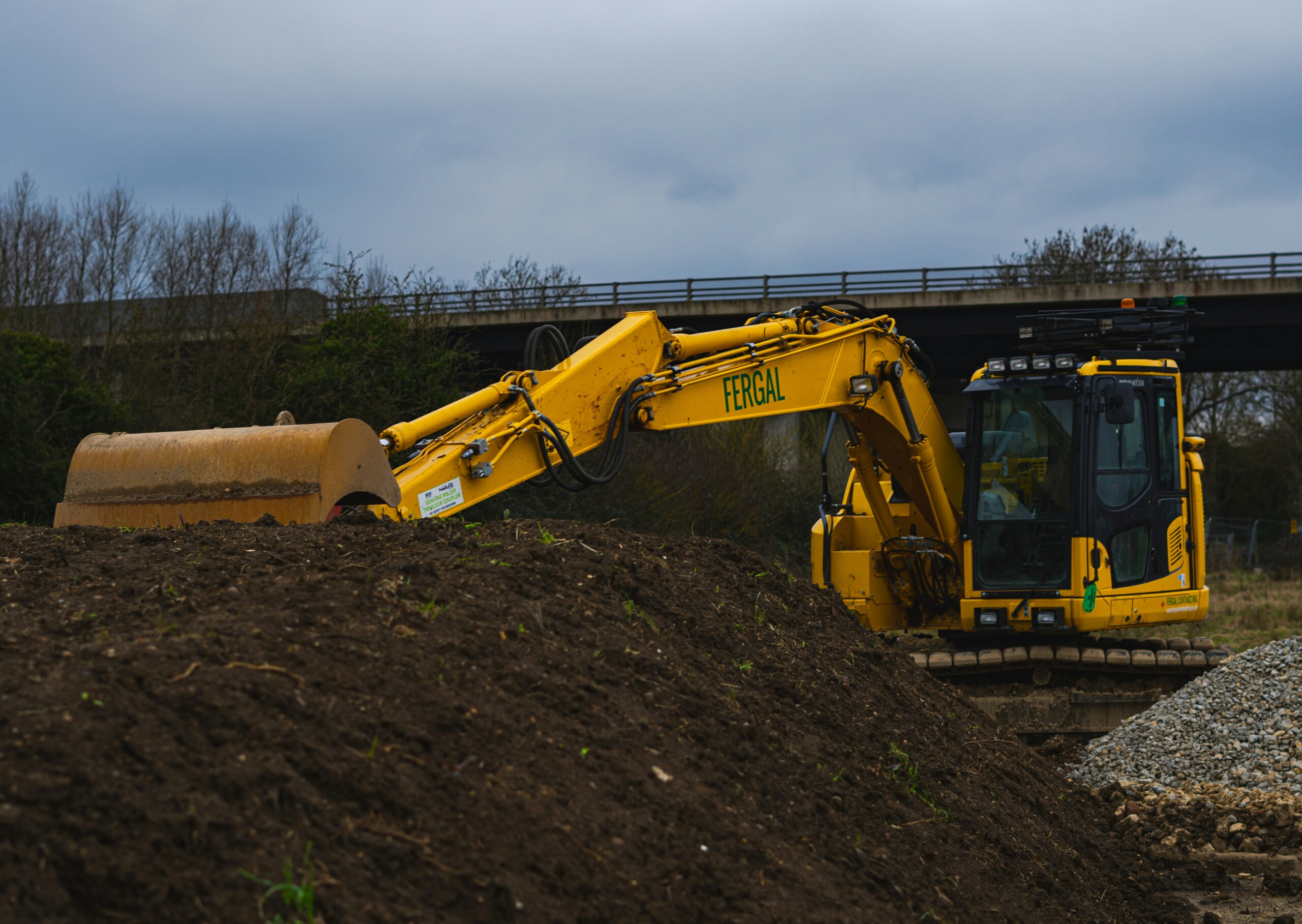Introduction: Overview of the Permitting Process in Land Development
Embarking on a land development project involves traversing a complex landscape of permits and regulations. Securing the appropriate land development permits is essential to ensure that your project proceeds smoothly and remains compliant with local, state, and federal laws. This guide provides a comprehensive overview of the permitting process, the types of permits required, and practical tips to navigate common challenges.
Types of Permits Required
The permitting process involves various approvals, each designed to address different aspects of development. Key types of permits include:
Building Permits: These permits validate that the construction meets safety and design standards. They cover structural elements, plumbing, electrical systems, and more.
Environmental Permits: These ensure that the development complies with environmental protection laws, including waste management, water quality, and air quality regulations.
Utility Permits: These permits are necessary for connecting to existing electrical, water, and sewage systems. They ensure the infrastructure can handle the new development’s demands.
The Application Process: Step-by-Step Guide
The application process can be broken down into several crucial steps:
Pre-Application Meeting: Meeting with the permitting authority can offer guidance on requirements and streamline the application.
Document Preparation: Assemble required documents, including site plans, environmental impact assessments, and architectural designs.
Submission: Submit your complete application along with the associated fees. Be prepared to provide additional information upon request.
Review and Approval: The permitting authority reviews your application. This may involve site inspections and public hearings.
Permit Issuance: Upon approval, you will receive the permits allowing you to commence development activities.
Challenges and Tips: Common Challenges and How to Overcome Them
Documentation Issues: Ensure all submissions are thorough and accurate to avoid delays. Consulting professionals can help minimize errors.
Local Regulations: Stay informed about local zoning laws and regulations. These can vary significantly between jurisdictions.
Environmental Concerns: Addressing environmental concerns early can prevent significant setbacks during the review process.
Conclusion: Importance of Planning Ahead to Avoid Delays
Securing land development permits is an integral part of any development project. By understanding the types of permits required and following a structured application process, you can avoid unnecessary complications and delays. Planning ahead and being well-prepared will facilitate a smoother journey through the permitting landscape, ensuring your project stays on track.

Leave a Reply